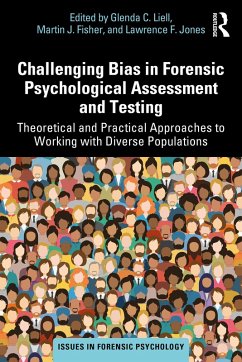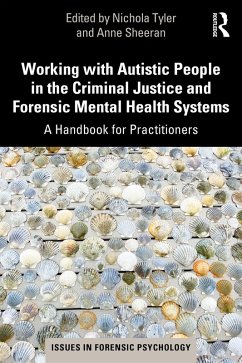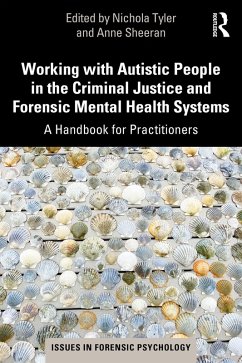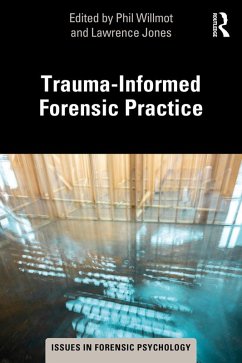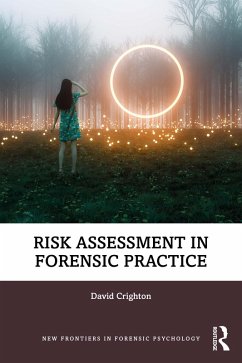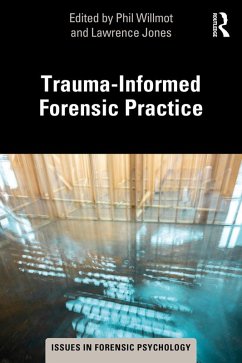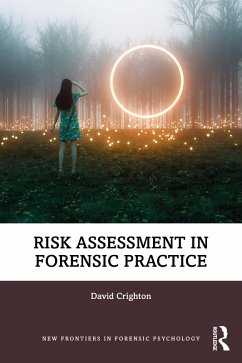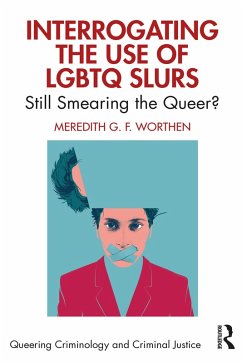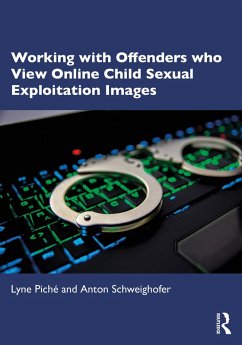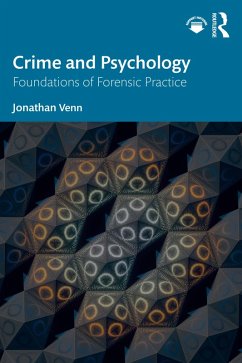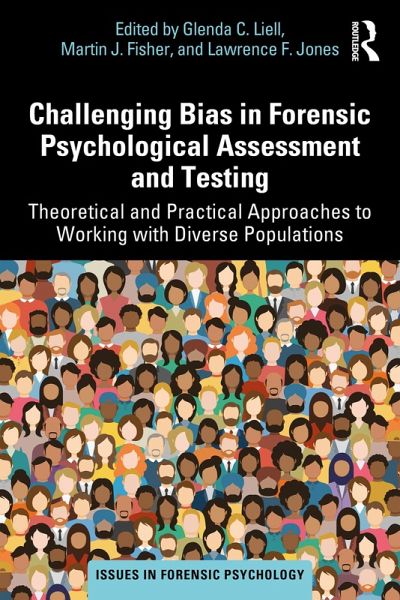
Challenging Bias in Forensic Psychological Assessment and Testing (eBook, PDF)
Theoretical and Practical Approaches to Working with Diverse Populations
Redaktion: Liell, Glenda C.; Jones, Lawrence F.; Fisher, Martin J.
Versandkostenfrei!
Sofort per Download lieferbar
37,95 €
inkl. MwSt.
Weitere Ausgaben:

PAYBACK Punkte
19 °P sammeln!
Challenging Bias in Forensic Psychological Assessment and Testing is a groundbreaking work that addresses the biases and inequalities within the field of forensic psychology. It gives valuable insights into individual practices and wider criminal justice approaches at an international level, while providing tangible solutions to tackle the disparities.This book constructively critiques current forensic practice and psychological assessment approaches through a variety of diverse voices from pioneering researchers around the world who offer their expertise on these challenges and assist the rea...
Challenging Bias in Forensic Psychological Assessment and Testing is a groundbreaking work that addresses the biases and inequalities within the field of forensic psychology. It gives valuable insights into individual practices and wider criminal justice approaches at an international level, while providing tangible solutions to tackle the disparities.
This book constructively critiques current forensic practice and psychological assessment approaches through a variety of diverse voices from pioneering researchers around the world who offer their expertise on these challenges and assist the reader to consider their potential contribution to pushing forward the frontiers of Forensic Psychology. The authors also locate the origin of these biases in order to further dismantle them, and improve the outcomes for the forensic client base - especially specific diverse populations. They emphasise the need to be creative and evolve not just in line with the real-world changes of today, but also to prevent the issues of tomorrow before they become the next news headline.
This is a must read for professionals working in criminal justice, forensic psychology, legal psychology, and related fields. It is also a compelling resource for students and researchers of forensic psychology with particular interest in social diversity and inclusion.
This book constructively critiques current forensic practice and psychological assessment approaches through a variety of diverse voices from pioneering researchers around the world who offer their expertise on these challenges and assist the reader to consider their potential contribution to pushing forward the frontiers of Forensic Psychology. The authors also locate the origin of these biases in order to further dismantle them, and improve the outcomes for the forensic client base - especially specific diverse populations. They emphasise the need to be creative and evolve not just in line with the real-world changes of today, but also to prevent the issues of tomorrow before they become the next news headline.
This is a must read for professionals working in criminal justice, forensic psychology, legal psychology, and related fields. It is also a compelling resource for students and researchers of forensic psychology with particular interest in social diversity and inclusion.
Dieser Download kann aus rechtlichen Gründen nur mit Rechnungsadresse in A, B, BG, CY, CZ, D, DK, EW, E, FIN, F, GR, HR, H, IRL, I, LT, L, LR, M, NL, PL, P, R, S, SLO, SK ausgeliefert werden.




